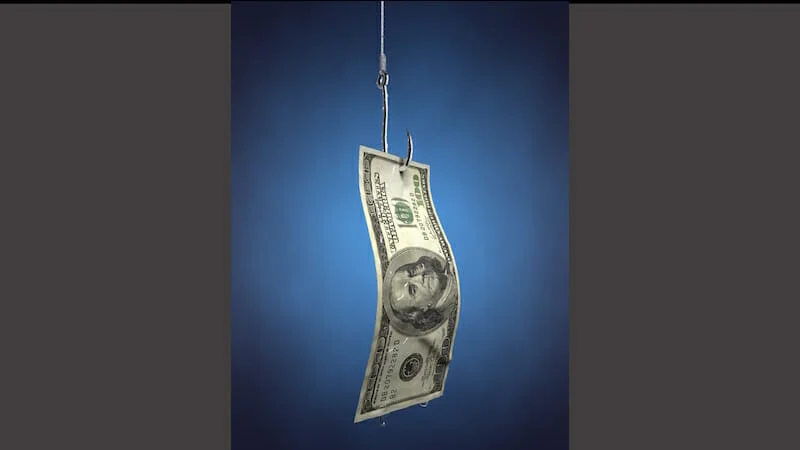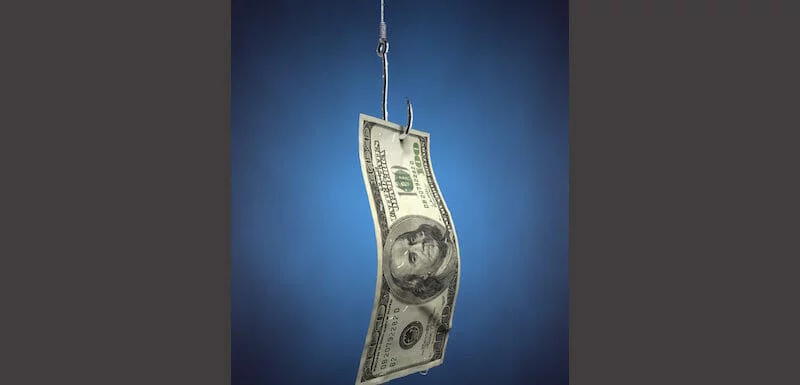
If you like shopping the sales you see on social media, think twice the next time you spot a great deal. On August 3, the Internet Crime Complaint Center (IC3) reported a rise in social media shopping scams. Read on to see how scammers are using social media for shopping scams.
Cookies, ads, and social media shopping scams
Let’s begin with cookies—and I’m not referring to chocolate chip or anything yummy like that. Google says, “A cookie is a small piece of text sent to your browser by a website you visit. It helps the website to remember information about your visit, like your preferred language and other settings.” So cookies are a major convenience tool for users, right? Well, yes, but that convenience comes at a very high cost. Google uses cookies from your computer for many good things. But besides all that good stuff, cookies are used to sell advertising. They’re also used to provide ‘relevant’ search results. (Seriously? Don’t even get me started on that subject!)
Recently, I was looking for a new flash attachment for my camera. Immediately after doing a little research on Amazon, I started seeing ads on Facebook for camera lighting options. An ad for an excellent product showed up in my timeline. Ever the skeptic, I found the company independently, checked their product ratings on their website and confirmed there were equally glowing reviews on Amazon. That got me more ads. In this case, the original ad was legitimate. The problem is, plenty of people are falling prey to ads that take them to fake websites.
A steal is not always a deal
According to the FBI, an increasing number of victims have not received items they purchased. They purchased these items from websites offering low prices on gym equipment, small appliances, tools and furniture. And let’s not forget face masks. No matter how much you love your social media, using it for shopping is very risky. (It’s the same for news, but that’s a different subject). A social media ad is very similar to an email solicitation—it could be legitimate, or it might be someone out to take your money and give you a shoddy product in return.
Warning signs
Beware the low price: Always suspect low prices from unknown retailers. The FBI reports that victims who ordered face masks received paper masks shipped from China, not the quality product that they ordered. Some victims of social media shopping scams were even told they needed to return the cheap masks to China to get a refund.
Always pay with a credit card: If a seller wants payment using an online money transfer service, don’t fall for it. You have zero protection with a money transfer.
Websites not using .com: Always look closely at the website address. If the domain isn’t a .com, you might be dealing with a scammer. I often use a whois lookup to see who owns a domain name. This is a free tool that can provide you with valuable information—and will also disclose those who are hiding their actual identity.
Free email address instead of company address: Anyone, repeat, anyone, can get a free email address. If you receive an email from an address that doesn’t use the business’s domain name, this could be a scammer.
If you’ve been scammed
Tip #1 Dispute the charges with your credit card company. (You used a credit card, right?) If you didn’t, contact your financial institution and ask for help.
Tip #2 File a report with the Internet Crime Complaint Center at www.IC3.gov.
Tip #3 Check your credit report. Once you’ve been the victim of fraudulent activity, expect it to continue. Scammers are not known for their compassion and, depending on how much information you gave them, you may have opened the door to losing more than the $10.95 you spent on those fifty-cent face masks.
If you like this scam tip, check out last month’s tip, Scam tip: free face masks—not really


Such valuable information ! Thank you for sharing.